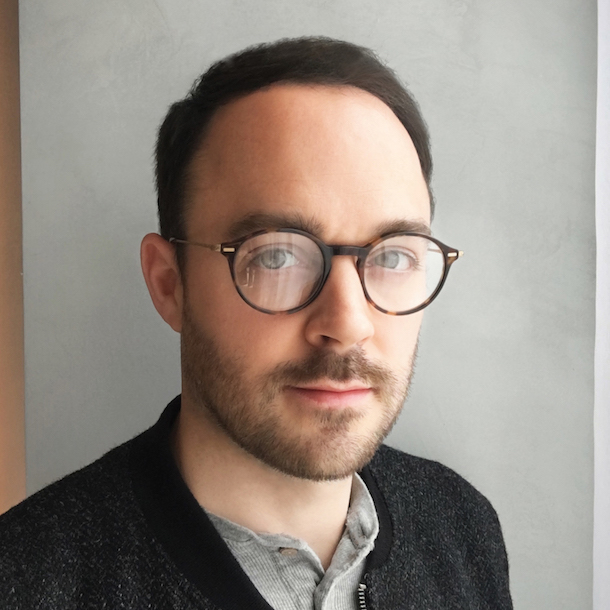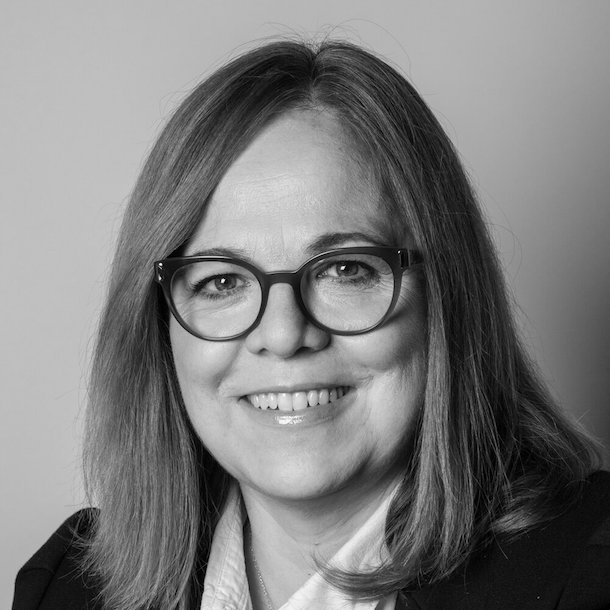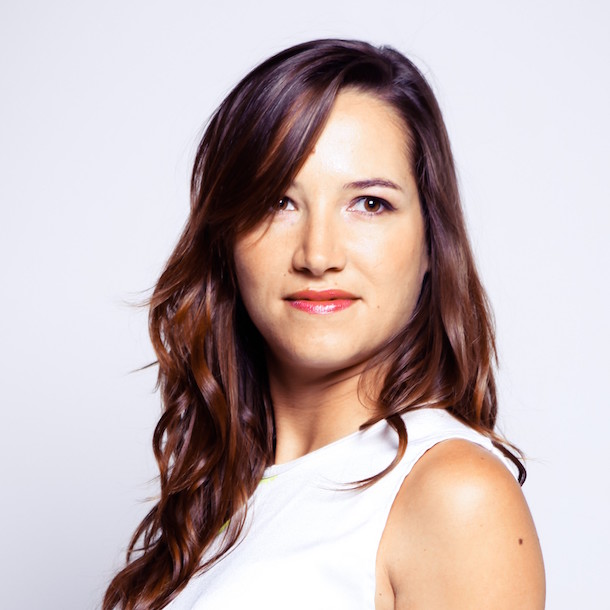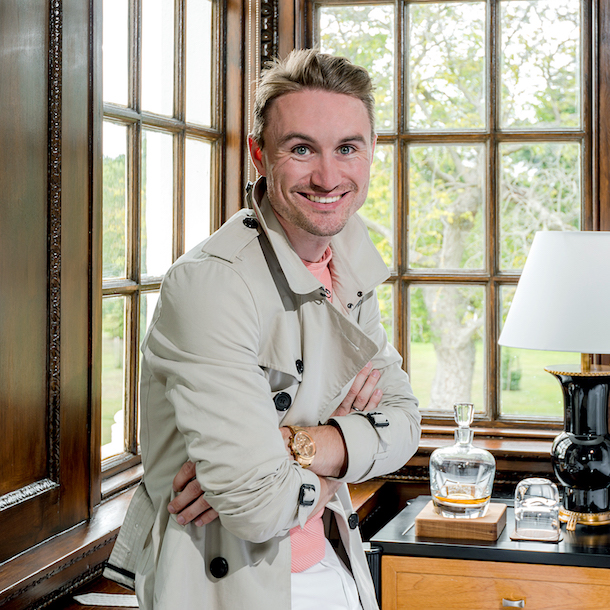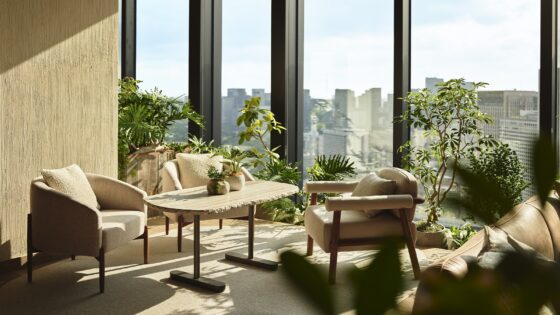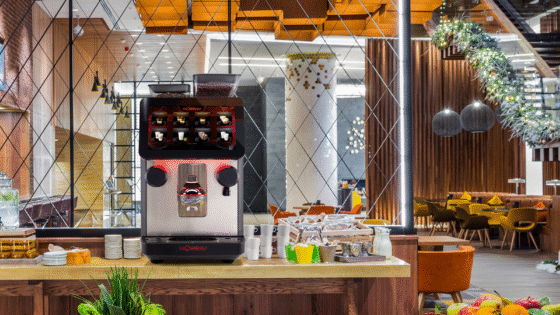Following Hotel Designs becoming an official media partner for NEWH, editor Hamish Kilburn was asked to moderate the UK Chapter’s next webinar in the La Pause series, which discussed biophilic design solutions. Rita Bancroft shares her highlights…
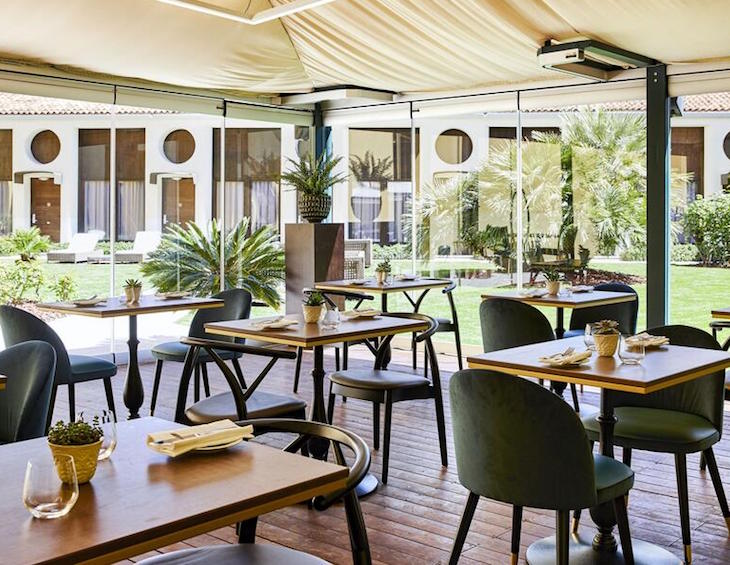
The popular La Pause webinar series developed by the UK, Paris and Milan chapters of NEWH have given us all precious moments to stop and reflect on key issues affecting the hospitality industry. As an international non-profit hospitality networking group, NEWH raises money to provide scholarships to students entering the hospitality sector. Sharing knowledge and stimulating design conversation is a vital part of this, and February’s webinar on Biophilia in Design had particular resonance as it discussed how our connections with nature are influencing hospitality design.
With each specially-selected panellist providing a unique and valuable perspective on biophilia in design, we heard from a leading boutique and lifestyle hotel brand, a renowned architect, and an educator specialising in sustainability.
Meet the panel:
- Henry Reeve, Head of interior design (IHG – Kimpton and Hotel Indigo)
- Manuela Mannino, partner, architect & creative director, THDP
- Johanna Wagner, sustainability facilitator, hotel asset manager and lecturer
- Chaired by Hamish Kilburn, editor, Hotel Designs
The session was moderated by Hamish Kilburn, lifestyle journalist, traveller, content curator, podcast host, and editor of Hotel Designs. A strong advocate of biophilia in design, Kilburn was able to shine a spotlight on some of the panel’s projects. The panel was clear that biophilic design is not just about incorporating plants, it is about taking a holistic approach to the entire project from build and interior design to the food and beverage served.
Henry Reeve explained how IHG’s QO is a different kind of lifestyle hotel born from a commitment to the world around us. As one of the most sustainable hotels in Europe, it has a rooftop greenhouse illuminated in pink to help the plants grow in order to supply the kitchen. The ingenious solution to introduce living plants in each guest room is delightful. Each coffee plant grows in a specially-designed glass cloche that creates its own eco-system and therefore requires no water or maintenance. This practical incorporation of biophilic design is what makes it truly sustainable.
Given that our ability to connect with nature is more important than ever, Manuela Mannino explained how the pandemic has acted as an accelerator to what was already there. She talked about her holistic approach and that, in addition to incorporating plants, THDP injects a sense of place by connecting places through colour palettes and design. An example of this is IHG’s award-winning Hotel indigo in Venice where the connection between the garden and the open lobby and bar was made through plants and a cohesive colour palette.
Coming into the conversation from a slightly different angle, Johanna Wagner, was able to discuss the integral topic from the perspective of hotel asset management. As co-founder of La Belle EDuC, Wagner is helping lay the groundwork for higher education programs to achieve state-of-the-art sustainability integration in their curricula and empower students in their choice of studies. The EDuC is the first sustainability label for higher education programs focusing on teaching materials and the student learning experience. The EDuC label was developed in partnership with AFNOR, the French national organisation for standardisation and the representative member of ISO in France.
The La Pause series continues with ’Spa & Wellness’ on May 20; and a spotlight on ’Hotel Diffusi – Scattered Hotels’ on June 17. If you would like to attend, register via the website.
Image credit: Hotel Indigo Venice – Sant’Elena, an IHG Hotel

